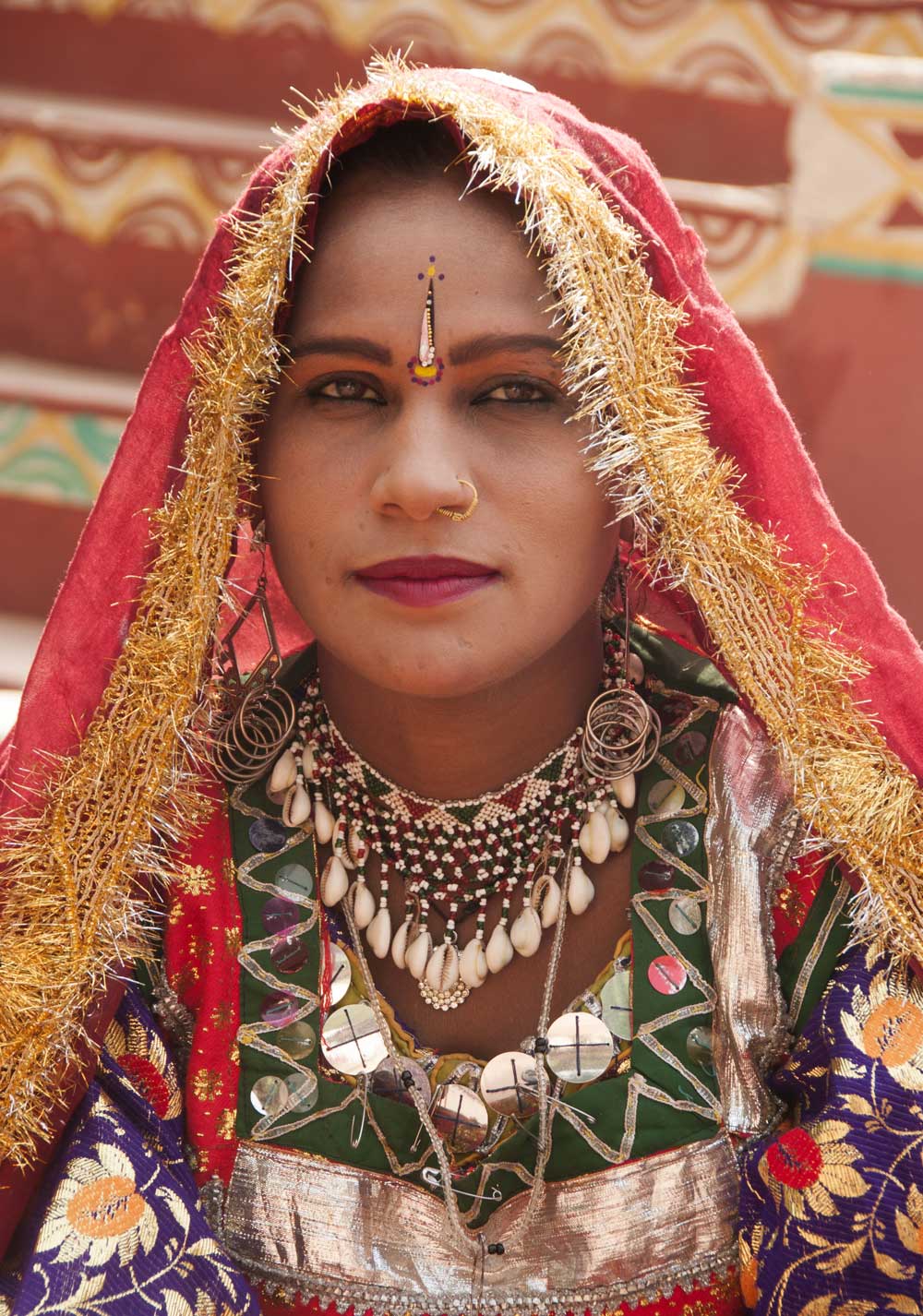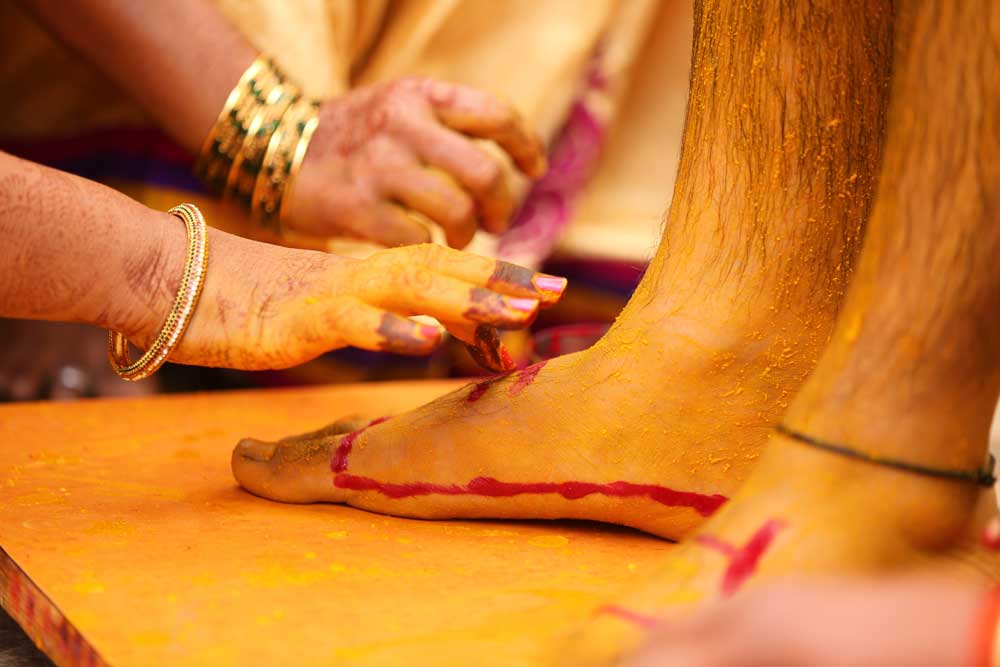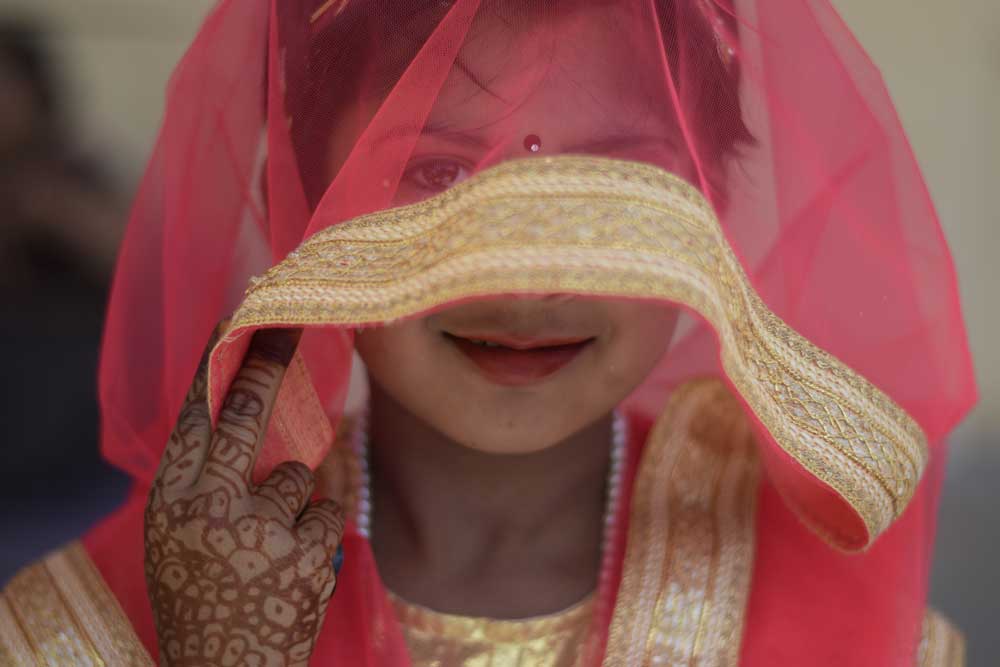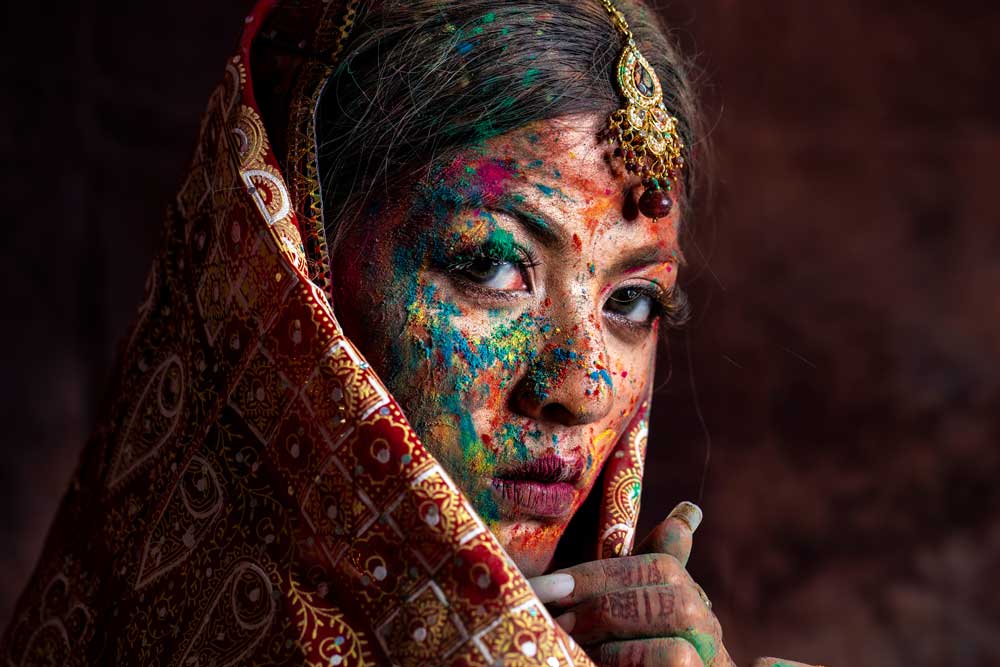Today, as we work towards creating a more equitable society, Gandhi’s teachings remind us that women’s empowerment is not just about policies and laws—it is about changing the mindset of society, breaking down the barriers of tradition, and recognising the equal role of women in every aspect of life.
He revolutionised not just Indian politics, but also the very perception of women in society. He is remembered for being a freedom fighter, but was also a champion for women’s rights, recognising that no society could progress without the full participation of its women. His legacy continues to inspire efforts towards gender equality, making him, perhaps, one of the greatest allies of women in both India and the world.

Gandhi famously said, ’If you educate a man, you educate an individual, but if you educate a woman, you educate an entire family.’ His belief in the transformative power of education for women was central to his vision for a just and equitable society. He advocated for basic education as the foundation, emphasising that it should be practical and geared towards productive work. Gandhi also stressed the importance of educating mothers, as they are the primary caretakers of children, and their education will leave a lasting impact on future generations.
Gandhi’s Stance On Women’s Issues:
• He opposed child marriage, believing that such unions were null and void. He stressed the importance of allowing individuals to marry only when they were mature enough to make informed decisions.

• Gandhi was a vocal supporter of widow remarriage, though he believed that widows could remain true to their first love if they chose to do so. He emphasised that society should not look down upon widows who chose to remarry.

• He denounced the purdah system, which restricted women’s freedom of movement and curtailed their opportunities for personal and professional growth.

• He criticised the dowry system, particularly within the middle and poorer classes, recognising it as a major cause of societal imbalance and gender inequality. The preference for male children over female children, rooted in the dowry culture, was another evil that Gandhi sought to eliminate.
• He sought to simplify marriage ceremonies, encouraging simple and meaningful rituals that did not involve heavy expenditure or feasting. Many marriages in Gandhi’s ashram followed this principle, with simple prayers and advice given to the couple on how to lead a life of service and contentment.

Women’s Role In India’s Freedom Movement
Gandhi’s influence extended far beyond education. He was instrumental in bringing women into the mainstream of India’s freedom movement, recognising their potential as a powerful force for change. He urged women to step out of traditional roles and actively participate in the fight for independence. Gandhi’s leadership during movements such as the Salt March and the Swadeshi Movement saw women take on pivotal roles, breaking barriers and redefining their place in Indian society.

Gandhi’s holistic approach to women’s empowerment was not merely about granting women rights on paper; it was about changing the very fabric of society. He understood that women’s empowerment was intrinsically linked to societal progress, and without sharing intellectual, financial, and material resources, true empowerment could not be achieved.
Today, the teachings of Mahatma Gandhi remain as relevant as ever. His views on gender equality and women’s empowerment remind us that the fight for equality is ongoing.